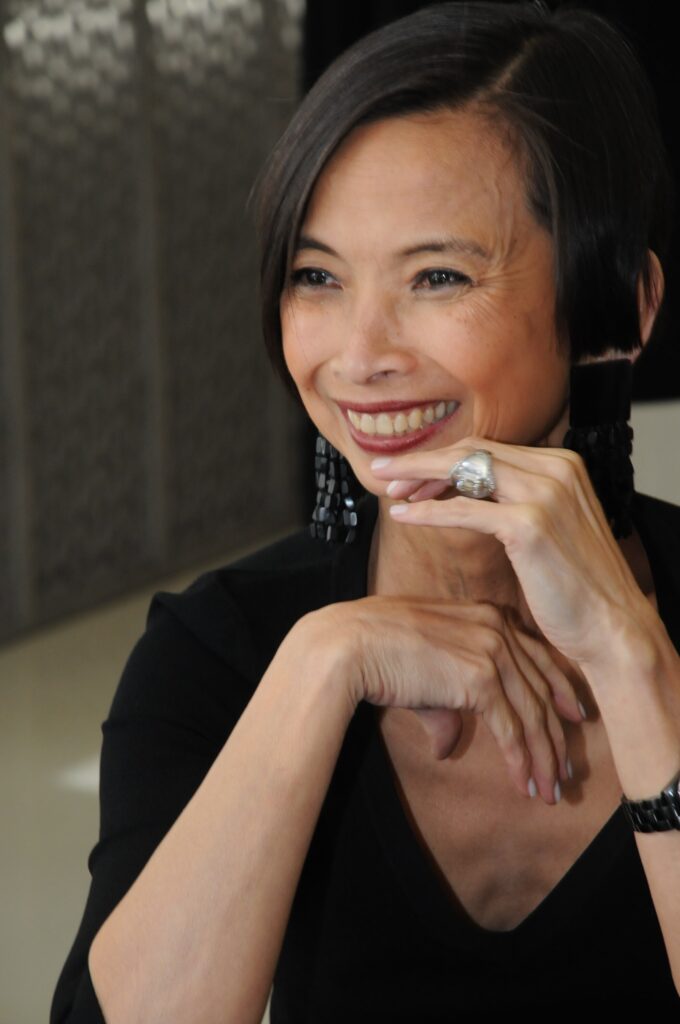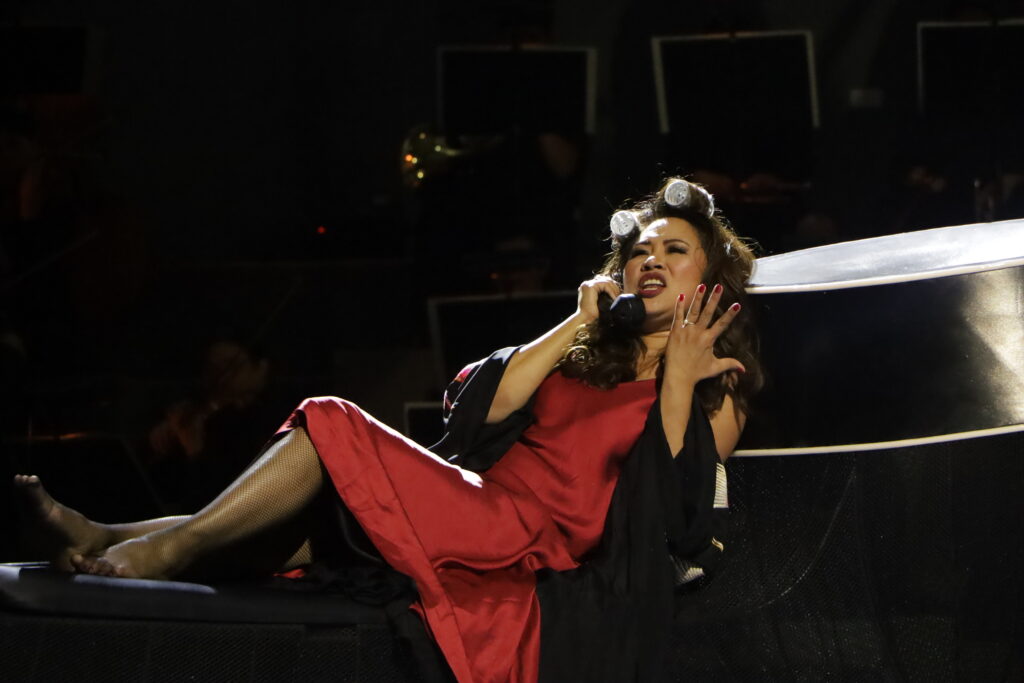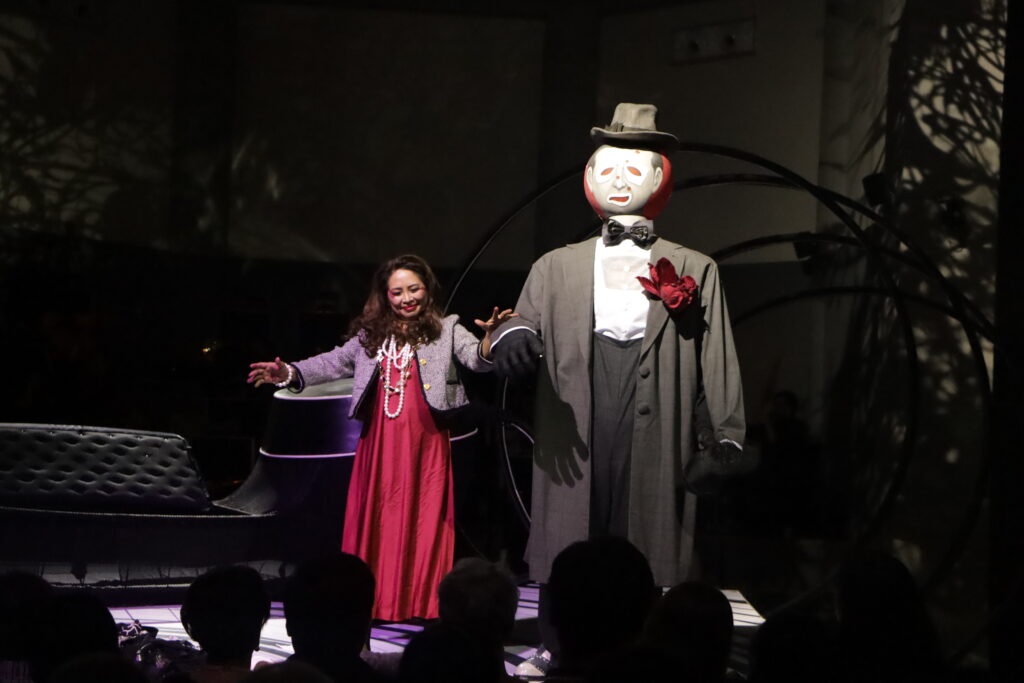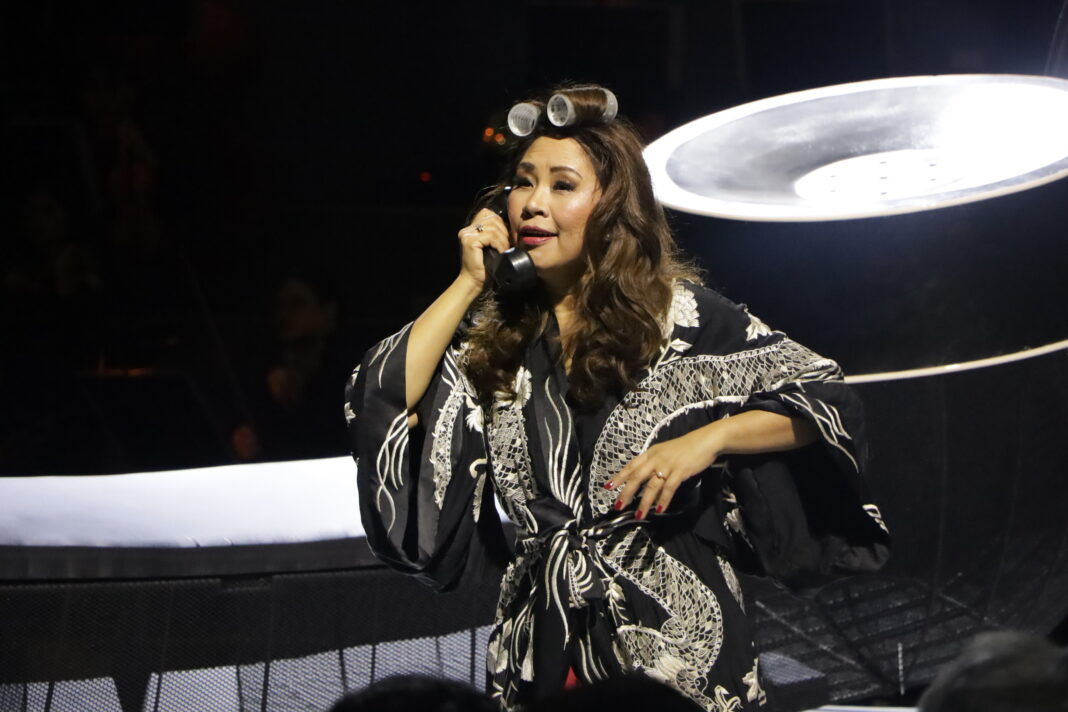Clothing began as a necessity – protection from the elements, a tool for survival. But over the centuries it transformed into one of humanity’s most powerful aesthetic languages, allowing humans, particularly women, to express identity, emotion, and artistry through what they wear.
For renowned fashion designer Josie Natori, being woman-centered in her work helps her highlight the intricacies of women’s personalities through clothing.

“I’ve always said my biggest asset is being a woman, second is being Asian. That’s inherent in the work we do, where a woman is able to express herself through the kind of clothes that we make. I think women have many moods – you can go very simplistic, you can go from just black to a lot of colors – it depends on what she feels. And that’s part of it, because fashion is a way of self-expression,” said the renowned fashion designer.
Natori is one of the earliest and most successful Filipino‑American designers, and one of very few immigrant women who turned corporate success into a global fashion empire. After a historical career in finance on Wall Street at Merrill Lynch, where she became the first female Vice President in investment banking, she founded The Natori Company in 1977.


“I’ve always said that everything we create in Natori is about enhancing a woman’s life and making her feel good – it’s for her.”
Beyond fashion, Natori has long been active in arts and cultural work. One of her most recent ventures is the special staging of Intramuros Evenings: La Voix Humaine (The Human Voice) by The Cultural Center of the Philippines (CCP) and Intramuros Administration (IA), where she was costume designer.
La Voix Humaine is a one-act monodrama by Francis Poulenc, based on a play by Jean Cocteau. The opera centers entirely on a woman’s telephone conversation with her former lover, who is leaving her for another woman.
“To be frank, this is a very sad story. It centers on the feelings of a woman in one of her most vulnerable states,” said Natori. “To me, being able to dress a woman in this stage of her life where she’s obviously suffering is a very rewarding part of my work. It’s important to provide some sort of vessel between the wearer and what they wear in order to give them power – even if they are in anguish,” shared Natori.
The original 1958 production was given new life by the brilliant collaboration of Gawad CCP Para sa Sining awardees Nonon Padilla (director), Gino Gonzales (production design), and current CCP Trustee Monino Duque (lighting design).
“I feel honored that they want Natori, that we’re able to be a part of that,” gushed the designer as she went on to express her excitement on having multiple talented artists working in one production. “I love the interrelationship of art, culture, and fashion, so it’s a joy to have all of this in La Voix Humaine. I’m always proud of the creativity of Filipinos because art is very special and close to my heart.”
For Natori, fashion goes beyond style. Beneath the layers of fabric is a story, an identity, cultural pride, and empowerment. And for her brand, a significant portion of the manufacturing remains in the Philippines – a testament to her commitment to Filipino craftsmanship.
“I believe that the biggest assets of Filipinos are their creativity. There’s so much potential here that should be discovered, unleashed, and nurtured. And it’s wonderful to see that we have so much more appreciation and respect today for people in the arts,” Natori mused. “Filipinos are just oozing with artistry. You can put all the other neighboring countries together and they will not amount to the iota of creativity this country brings.”
Over her career, Josie Natori has earned many honors. In 2007, she received the Order of Lakandula, one of the highest civilian honors in the Philippines. She has also served on the board of the Asian Cultural Council (ACC) since 1995, and in 2023, was elected Chair of the Board of Trustees. Through ACC and other organizations, she continues to advocate for arts, heritage, and cultural dialogue between Asia and the West.
“My mission is always to bring art to life. When you’re able to put them together – that’s the kind of life you should live. That’s art.”
Intramuros Evenings will return for its final installment with Christmas Harmonies on December 13. It will celebrate the holiday season with select winners of the Andrea O. Veneracion International Choral Festival – Eastern Chamber Singers, FEU Chorale, Koro Ilustrado, and Letran Singing Ambassadors, in a night of timeless carols and beloved Filipino Christmas classics.


